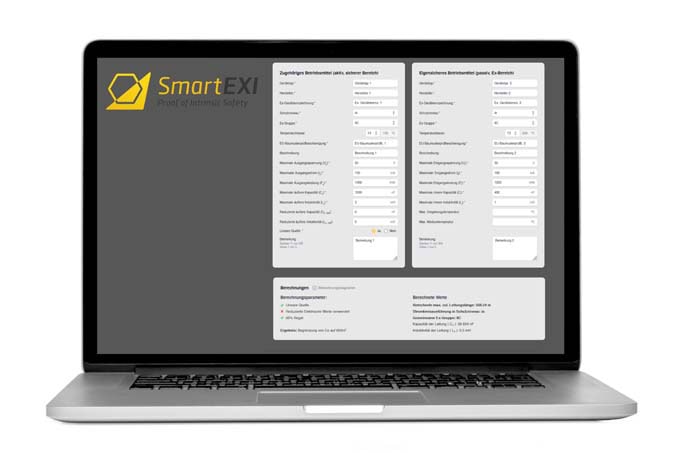Nuclear power plants: could AI help reduce operating costs?
In the course of the discussions surrounding the electricity shortage and the energy turnaround, nuclear power plants are experiencing something of a renaissance: they are capable of supplying very large amounts of electricity, and doing so without emitting CO2. That's why the EU recently classified them as "sustainable." Proponents of nuclear power could now get another argument, and [...]

In the wake of the discussions surrounding the electricity shortage and the energy transition, nuclear power plants are experiencing something of a renaissance: they are able to supply very large amounts of electricity without emitting CO2. This is why the EU recently classified them as "sustainable". Supporters of nuclear power could now be given a further argument from the USA - which already has a rather positive attitude towards nuclear power plants: artificial intelligence for reducing the high operating costs of nuclear power plants.
Nuclear power plants: maintenance and safety generate high costs
Nuclear power plants may not pollute the air, but they have other disadvantages: they produce radioactive waste, the disposal of which is highly problematic. Furthermore, nuclear power plants are expensive to operate: the biggest cost factor in operating a nuclear power plant is the constant monitoring and maintenance - the older the plant, the higher the cost. It is not only since Chernobyl that we have known what can happen if safety systems are not operated correctly. Could intelligent, computer-controlled systems now not only make nuclear power plants safer, but also increase their economic efficiency? Scientists at the Argonne National Laboratory of the US Department of Energy (DOE) are working on systems that could make nuclear energy more competitive with the help of artificial intelligence. "Operation and maintenance costs are very important for nuclear power plants because they currently require a large number of on-site employees and extensive maintenance work," Roberto Ponciroli, senior nuclear engineer at Argonne, told the web portal Techexplore.com. "We believe that autonomous operation can help improve their profitability and also promote the introduction of advanced reactor concepts." The Argonne National Laboratory research project aims to develop a computer architecture that could detect problems early and recommend appropriate actions to human operators. Ponciroli and his colleagues estimate that this technology could save the nuclear industry more than 500 million dollars a year.
AI takes over monitoring and helps with decision making
Even today, the various system components of a nuclear power plant - valves, pumps, heat exchangers, etc. - are monitored by sensors. However, like other components, these sensors can be damaged. They must therefore be continuously checked by employees. This is done, for example, by regular inspections of the plant. The researchers' idea: what if algorithms could now check the data by learning how a normal sensor works? Then they could look for anomalies, i.e. AI would interpret the signals from the sensors and recommend specific measures. Ponciroli gives an example: "Suppose a display on the dashboard of your car alerts you to a tire with too little air pressure. You know you don't have to stop immediately, but you might decide to slow down a little to avoid a puncture until you can fill the tire with air." We see the information (low air pressure), evaluate it (stop or continue driving?) and take action (continue driving, but at a lower speed). The AI can now imitate this logic. In a nuclear power plant, computers could therefore detect problems and alert the operators as early as possible in order to optimize the control system and avoid more expensive repairs. At the same time, computers could prevent unnecessary maintenance work on plants.
Optimize existing systems
Researchers at Argonne National Laboratory have now developed such a computer simulation, or a digital twin of a nuclear reactor. They have succeeded in finalizing systems to control and diagnose its virtual parts. The rest of the project will focus on the system's decision-making capability - what it does with the diagnostic data. The aim of the research work is to create a system architecture that links several algorithms together. An existing analysis tool for modern reactors will be used, which will be adapted accordingly by engineers. It should be flexible enough to also be used for existing reactors.
Sources: SwissCognitive; Techexplore.com
This article originally appeared on m-q.ch - https://www.m-q.ch/de/atomkraftwerke-koennte-ki-helfen-betriebskosten-zu-senken/









